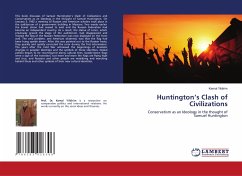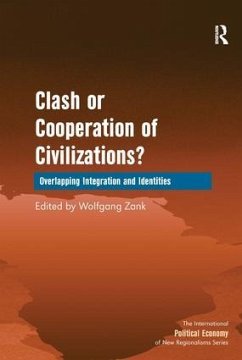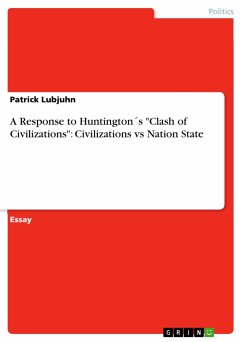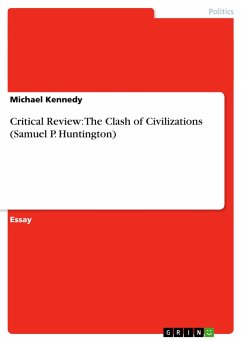
Islam within Europe: A Clash of Civilizations?
Islam within Europe-a threat, a challenge, a necessity?
Versandkostenfrei!
Versandfertig in 6-10 Tagen
32,99 €
inkl. MwSt.

PAYBACK Punkte
16 °P sammeln!
Following the Second World War, Europe has become a second home for large numbers of immigrants, including Muslims from the Middle East and North Africa. In the early twenty-first century, integration issues between the host and immigrant communities are becoming increasingly sensitive and prominent in European politics. The rise of anti-immigrant politicians in diverse countries like the Netherlands, Germany, Switzerland, Belgium, France and Denmark suggests that the issue of the integration of Muslim immigrants in Europe will continue to climb higher in the political consciousness. The purpo...
Following the Second World War, Europe has become a second home for large numbers of immigrants, including Muslims from the Middle East and North Africa. In the early twenty-first century, integration issues between the host and immigrant communities are becoming increasingly sensitive and prominent in European politics. The rise of anti-immigrant politicians in diverse countries like the Netherlands, Germany, Switzerland, Belgium, France and Denmark suggests that the issue of the integration of Muslim immigrants in Europe will continue to climb higher in the political consciousness. The purpose of the research to is to verify the validity of civilizations theory within the specific context of Muslim immigration to Europe through critical analysis. In particular to what extent Huntington s theory can assist in understanding the political and cultural problems associated with Muslim immigration and the limitations of that theory.












